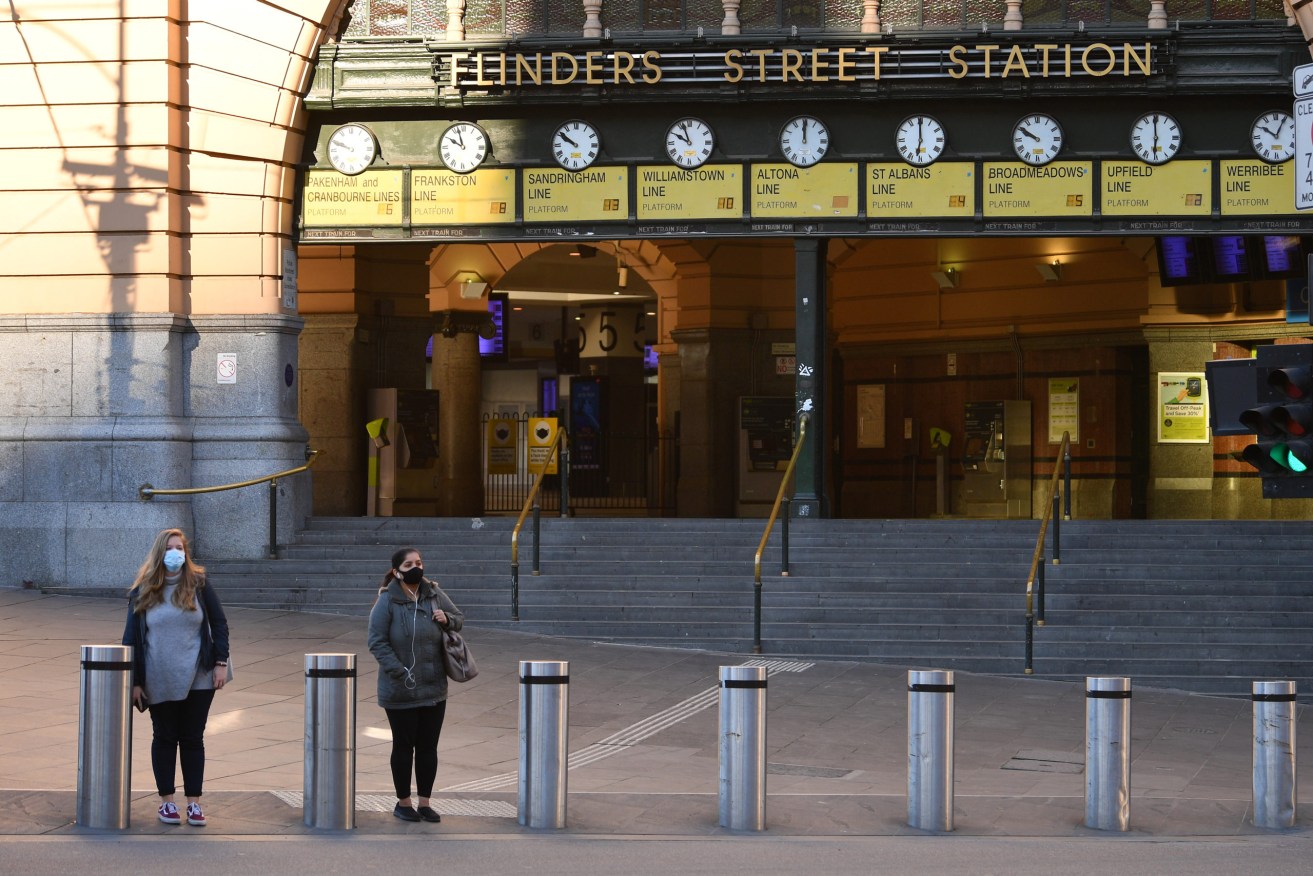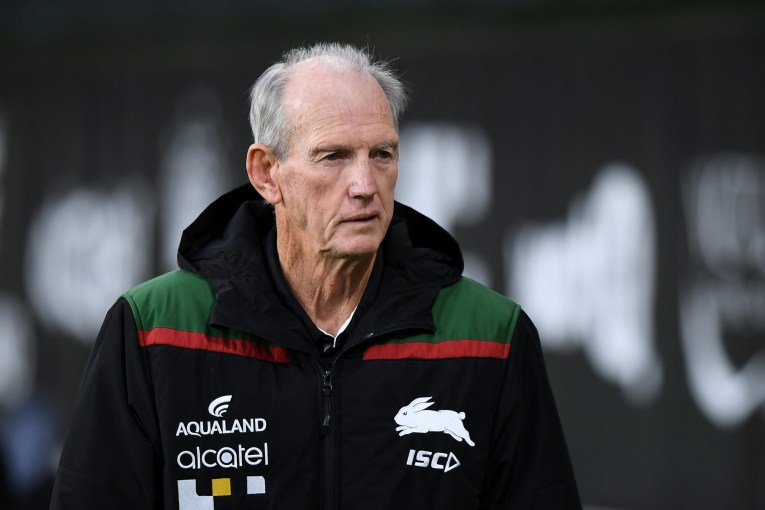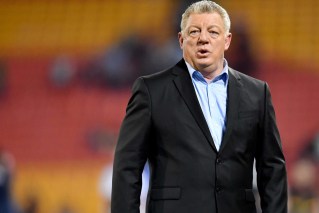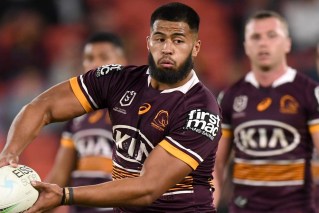Confidence plummets as lockdown in three states hammers economy
Confidence among Australians has suffered its biggest weekly drop since the early stages of the pandemic as the country undergoes a series of lockdowns in efforts to tame the virus.

A near deserted Flinders St station in the heart of Melbourne. The city's current lockdown has been extended for at least another seven days. (AAP Image/James Ross)
Just a week after Australia recorded its best employment figures in more than a decade, a growing number of economists are now predicting the economy is headed for contraction as a result of lockdowns in three states.
The stay-at-home orders in NSW, Victoria and now South Australia cover more than half of the national population. Queensland has so far kept its borders open but is scrambling to ensure a woman who tested positive after travelling from Melbourne to Mareeba via the Sunshine Coast and Cairns while infectious has not sparked the state’s own outbreak.
Westpac economists expect the national economy could shrink by 0.7 per cent in the September quarter at a cost of $8 billion.
Experts are warning lockdown in Sydney and surrounding regions will likely stretch into August as the virus circulates in Australia’s biggest city.
There will be more than 13.5 million people in lockdown nationwide when SA’s restrictions come into force at 6pm on Tuesday.
However, the minutes from the Reserve Bank of Australia’s July 6 board meeting offered some hope for the future, even though their main thrust was somewhat dated by events over the past fortnight.
“The effect of the recent virus outbreaks and the lockdowns had created additional uncertainty, but the experience to date had been that the economy bounced back quickly once outbreaks were contained and restrictions eased,” the minutes released on Tuesday say.
There was also a detailed discussion at the meeting about the drivers of wages, noting growth is stronger when the unemployment rate is below five per cent.
The jobless rate fell to a decade low of 4.9 per cent in June figures released last week, although it is questionable whether its recent rapid decline can continue in the near term when the economy is in decline.
“Of course, the meeting pre-dates the escalation in the health crisis with lockdowns in Australia’s two largest economies expected to lead to a contraction in the national economy in the September quarter,” Commonwealth Securities senior economist Ryan Felsman said.
The ANZ-Roy Morgan consumer confidence index tumbled 5.2 per cent, its sharpest weekly fall since late March 2020.
The fall follows the extension and tightening of the Sydney lockdown until July 30 and the fifth lockdown in Melbourne, which has been extended for another week beyond its originally planned five days.
Greater Sydney remains in prolonged lockdown, with scores more cases reported overnight, while Victoria’s lockdown will be extended for another seven days after the continued spread of COVID-19. South Australia is the latest to impose a lockdown, for one week from tonight, after a person was infected at a restaurant. All three states have imposed travel restrictions, with Victoria no longer granting exemptions.
Confidence declines were widespread, with Adelaide posting the biggest fall, even before the South Australian government imposed a week-long lockdown from 6pm on Tuesday.
The confidence survey was taken at the weekend.
ANZ head of economics David Plank said the sub-indices that capture economic conditions and whether it is time to buy a major household item are at their worst levels since early November 2020.
He said while this highlighted some renewed caution of households, levels are nowhere near the lows seen in the early stage of the pandemic.
The July 6 RBA board meeting agreed to keep the cash rate and its three-year bond yield target at a record low 0.1 per cent, against a central scenario that conditions for a hike will not be met until 2024.
It also made adjustments to its bond-buying program, aimed at keeping market interest rates and borrowing rates low.
But there is speculation among economists that this may be reviewed at the August or September board meetings given developments since then.
RBA governor Philip Lowe at the time said “bond purchases could be scaled up again if economic conditions warrant”.












